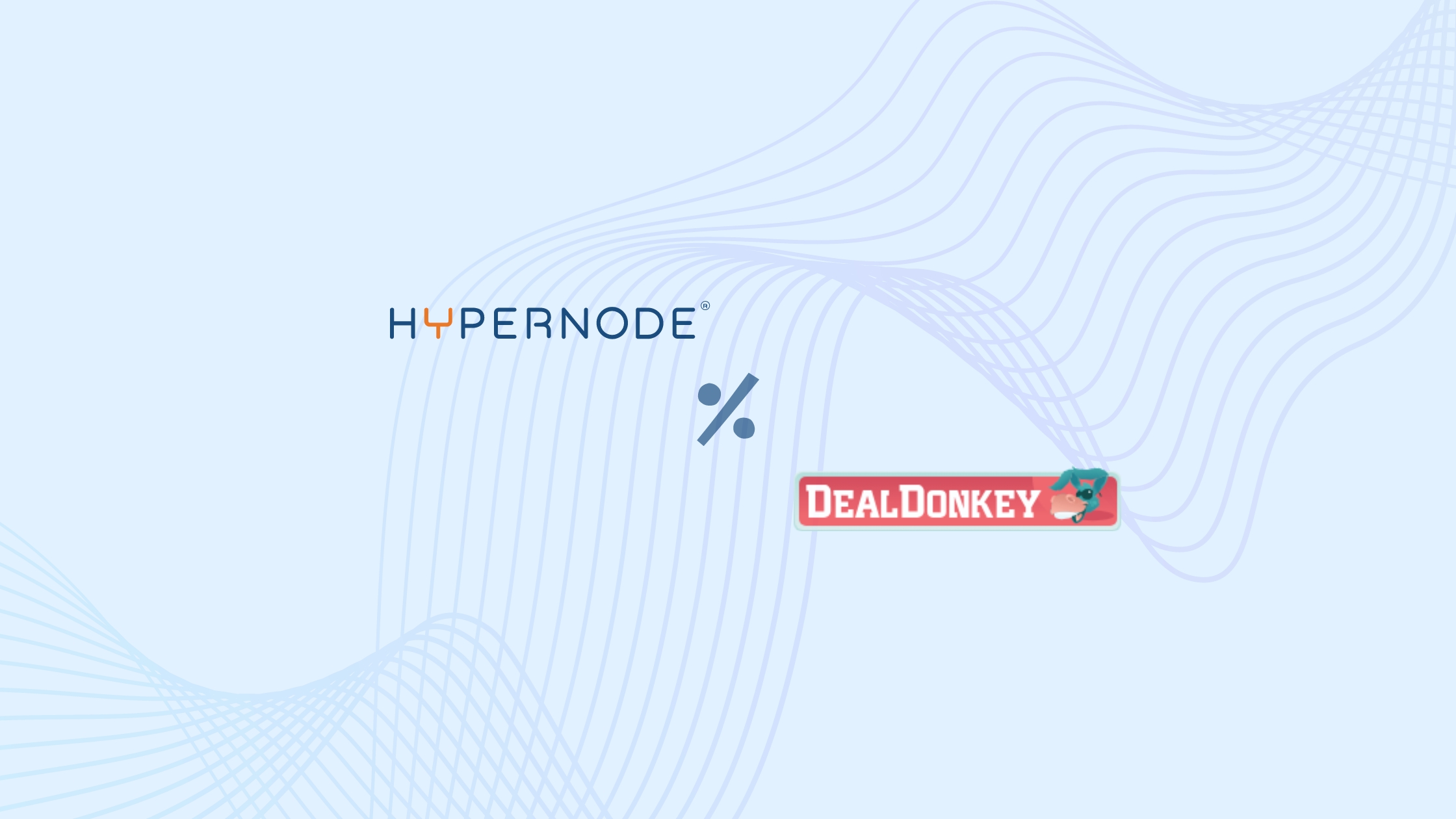As a hosting provider, we have seen more and more online retailers in recent years opting to partner with e-commerce agencies for the technical management of their stores. The reason? A successful partnership with an e-commerce agency can be an extremely worthwhile investment. Why is that?
#1 Your store’s conversion rates go up
Both Magento and Shopware offer a huge range of features. That’s why you can’t go wrong picking this software over SaaS solutions such as Shopify or similar. It gives you access to all the functionalities an ambitious store needs to grow. The problem is how to use them all! Even development agencies that spend all their time working with Magento stores constantly discover new functionalities to increase conversion. That includes performance improvement methods, modules to allow the store’s search function to better reflect the customers’ wishes, improved inventory management and payment links, and product display tricks to create upselling or cross-selling opportunities.
E-commerce agencies often use growth strategies, working together with the online retailer to slowly but surely expand their store. Some agencies even provide online marketing for retailers. That makes the advantage of hiring professionals plainly apparent – better conversion.
#2 Regular maintenance is vital and saves costs in the long term
In some respects, an online store is just like a physical one. Even after the construction is complete, maintenance is still needed. It’s never ‘done’. A brick and mortar store requires regular technical maintenance, if the roof starts leaking, for example, or the air conditioner breaks down and must be replaced. Neglecting the upkeep will always come back to bite you. And sometimes, an increase in crime in the area necessitates additional security measures.
The same applies to an online store. Perhaps even more so: nothing is as vulnerable to cyber crime as the highly innovative world of e-commerce. Keeping up on maintenance is vital in order to avoid either losing out to the competition and/or bearing the cost at a later date.
Some examples to illustrate why maintenance is so important
- If your store gets hacked, a developer will need more time than you’d like to resolve the hack and update the software. That ends up being significantly more expensive than regular maintenance. And that’s before the cost of mandatory data breach notifications and your loss of reputation.
- It’s a myth that skipping multiple software updates is a way to save money. Updating severely outdated software to the latest version all in one go will cost much more time (time = money) and is just asking for malfunctions.
- And if you skip the updates altogether, at some point developers won’t touch your outdated store with a ten-foot pole, as they’re afraid it will collapse like a house of cards. At that point, the only viable solution is to build an entirely new store from scratch.
Of course you can also try to do everything yourself. However, this costs time that could also be spent creating effective sales and marketing campaigns. And that’s exactly why online retailers increasingly opt to use their time and energy more profitably.
#3 Economies of scale
When your store is managed by a partner that handles multiple stores, this leads to economies of scale. In more ways than one:
- Functionality and improvements: the agency can immediately apply newly gained knowledge from other stores to your benefit.
- Implementing functional and security updates is much faster, as they’ve already done so multiple times.
- Licenses for modules and extensions can sometimes be shared among stores, resulting in significantly lower costs.
What will it cost?
The cost can be as high as you want it to be. It’s entirely dependent on the extent of your ambition. E-commerce agencies often work with Service Level Agreements (SLA), providing a certain number of maintenance hours for a fixed monthly fee. Any additional functional upgrades to the store are performed at an hourly rate or for a quoted amount. More ambitious online stores may wish to periodically discuss the results and growth strategy together.
Plenty of other online retailers opt to engage e-commerce agencies for specific projects only, and to take care of the daily technical management tasks (including maintenance) themselves. However, it is important that these tasks are actually done, as a poorly maintained store will make those projects much harder and slower to complete. An agency engaged for a single project can hardly be expected to ensure the entire store’s proper functioning. In other words: you get what you pay for.
Selecting the right e-commerce partner
Do you currently manage a store without an e-commerce agency, but are you interested in exploring the possibilities? Go right ahead. It’s perfectly normal to ask for a meeting, free of obligation.
E-commerce agencies exist in many varieties. To make your initial selection, consider the following questions:
- What kind of service do you expect from the agency: ‘just’ the technical management of your store’s essential maintenance requirements? Or are you looking for a strategic partner? Do you need access to online marketing expertise? Are you seeking a technically innovative partner, allowing your store to keep up with the latest developments to increase conversion?
- What size of agency do you prefer: a large agency, or one composed of one or two individuals? What matches your store and ambitions?
- Does your preferred agency still have the capacity to take on your store?
- How is the service provided: by the hour, as an SLA, or through a maintenance contract? What do you get for your money, and what will fit your wishes?
- How important do you find the following?
- The possibility of 24/7 contact in urgent situations
- Magento (1/2) or Shopware knowledge/expertise Extensive familiarity with the software, with the certification to prove it
- Staff turnover, an important indicator of knowledge retention within the organization.
- The agency’s strategy: are you fine with standardized solutions (with the accompanying economies of scale) or do you require custom work?
- Is their approach project-based, systematic and well-structured throughout?
- Physical location: do you prefer a local agency, or is that irrelevant to you?
You can always call us to discuss which type of agency will best fit your needs. Though we say so ourselves, we can provide you with good insights into the available Dutch and Flemish e-commerce agencies.
Contact more than one agency
We always recommend contacting multiple e-commerce agencies before coming to a decision. That’s the only way to know for sure that the agency’s approach and level of ambition will fit you and your store.
E-commerce agencies with the Hypernode Certified quality label
Thanks to our years of experience with both online retailers and Magento agencies, we’re well aware of the best practices to build and maintain Magento stores. This led to the launch of our Hypernode Certified quality mark. Agencies deemed worthy of this quality mark have demonstrated that they possess extensive Magento know-how, can build and manage stores that are both fast and safe (and carry full responsibility for that), and employ proper development, deployment and management processes.
The program differs from Magento’s issued solution/developer certificates in two respects:
- Magento certifies individuals, Hypernode certifies agencies.
- Magento certification is issued once, on completion of an exam, while agencies with the Hypernode Certified quality label are subject to continued, strict monitoring.
For Magento agencies only? So far, yes, but we will soon be opening the program to Shopware agencies as well.
Visit this page for a comprehensive list of all our partners who carry the Hypernode Certified Agency label.
Hi! My name is Dion, Account Manager at Hypernode
Want to know more about Hypernode's Managed E-commerce Hosting? Schedule your online meeting.
schedule one-on-one meeting +31 (0) 648362102





